Why We Need Contemporary War Fiction Written by Women
 At some stage during my adult life, and this will astound my history teacher if she’d discover, I found myself fascinated by the thought of writing fiction inspired by contemporary events.
At some stage during my adult life, and this will astound my history teacher if she’d discover, I found myself fascinated by the thought of writing fiction inspired by contemporary events.
A thread that brought me here might have been reading Margaret Mitchell’s “Gone with the Wind” in my teens; another one, witnessing the terrorist attack on World Trade Center on Live TV while pregnant with my daughter. A definite thread, silky and alluring, came from enjoying historical fiction by Philippa Gregory and Diana Gabaldon. While the most recent one, still carding itself, draws from my son’s keen interest in war computer games and my own, in military working dogs.
When the seed of writing a fictional book about dogs involved in combat was still on the counter, not even planted yet, I turned to literature for guidance. And hit a wall.
Contemporary war fiction penned by women pales in comparison to the amount of books written by men. Be it in poetry or prose, throughout the centuries an author, not an authoress, depicted more often the combat male protagonist. As Homer put it in his Iliad, “war will be men’s business”.
Why so, since countless notable women were not afraid of fighting battles? The Greek goddess Athena is shown as a warrior, the patron of justice, strategic warfare, mathematics, and arts. The Celtic goddess Brigid is the patron of poetry and smithcraft. Scathach is an Irish Goddess who taught the martial arts. The Amazons were fierce warrior women and there were even gladiator women, gladiatrices, although Juvenal, the Roman poet of those times, depicted them as a mere novelty. History is splattered with the blood of innumerable women warriors: Hatshepsut, Queen Boudicca, Queen Samsi of Arabia, the Trung Sisters from Vietnam, Empress Theodora of Byzantium, Olga of Russia, Eleanor of Aquitaine, Mary I and Elizabeth I of England.
History also showed us that women who took to war were willingly followed by an army of men and women and that they won their battles much to their opponent’s dismay. Is it the fact that women can stand up for themselves in times of political upheaval what worries men or the fact that women could, eventually, bulldoze them?
With such role models, although nowadays women have changed spear for pen, where has history brought us?
Why do such few women write contemporary war fiction – with the scarcity of a female leading character in modern combat literature being its direct product? Is writing about a current situation seen as disrespectful if presented from a different perspective? Is it fear of speaking out and, maybe, of being judged? Or are the readers looking away from contemporary war fiction after having witnessed daily live combat on TV and online?
One of the first questions I was asked when Silent Heroes, my fictional book based on the war in Afghanistan came out, was: “What made you write about this subject?”
So I doubted myself, right then and there, after the two years of assiduous research that I poured into my writing, and asked myself: is a woman writer who has not experienced combat (does living through the fall of the Eastern Block’s Communist regime count?) – allowed to write about contemporary war?
What does it mean to write about war?
Writing about combat and its outcome, yes, but what about the bigger picture too; the families of those deployed, the civilians sucked into battle without a choice of walking out – and where to?
Writing about war means thinking about its consequences, such as famine, dislocation, refugees, illiteracy, deforestation, cities destroyed, economies impaired, architectural landmarks wiped out.
Writing about war also means focusing on the close-up, the psychological impact that combat has on soldiers and civilians: PTSD, women, mothers killed or raped, children living with raw memories.
But writing fiction also means laboring characters and crafting a voice, a writing style to suit the task. Academic studies show that women writers, as a result of their personal and professional experiences as well as the socio-cultural expectations placed upon them take a more personal approach to storytelling, use more pronouns, especially feminine pronouns; their style is more reflective, less factual. Women writers draw the reader into their narrative, involving him on a deeper emotional level. Their text is more empathic, descriptive, thus creating a more alluring sense of the place. Women writers tend to look at the bigger picture and speak to your heart too, not only your mind.
Thinking about the news headlines of this past year alone, women are here to stay, to be seen and, yes, to make themselves heard. The number of women voluntarily involved in modern-day combat has also increased and so is the number of women journalists. Yet the number of contemporary war fiction written by women is very slow in catching up. There are shelves of books written by those who experienced direct combat, mostly men, women too, yet few volumes of modern war fiction. I applaud Helen Benedict (Sand Queen, 2011), Cara Hoffman (Be Safe: I Love You, 2014), and Sara Novic (Girl at War, 2015) – to name but a few.
As a writer, I believe that stories written so far represent but a tiny fraction of those that could be told. And if such a story, be it contemporary or not, pulls your sleeve, you owe it to yourself and to the gift that has been bestowed upon you to set it free on paper and turn it into a long-lasting insight into the human condition.
As a woman writer and a mother I gave myself permission to write about modern-day combat because, frankly, my dear, I do give a damn.
—
Find out more about her on her website https://alluringcreations.co.za/wp/
Follow her on Twitter https://twitter.com/PatFurstenberg
Silent Heroes: When Love and Values Are Worth Fighting for
 How far would you go to save strangers in need? And who really are Marines’ most trusted allies?
How far would you go to save strangers in need? And who really are Marines’ most trusted allies?
Military Dogs would risk their lives for their humans in a heartbeat, but can soldiers do the same when personal struggles and global affairs defy humanity?
From the author of the Amazon Historical Fiction Bestseller ‘Joyful Trouble’ comes Silent Heroes, When Love and Values Are Worth Fighting for – “a book not to be missed.” (Mandie Griffiths, Book Reviewer)
Category: On Writing




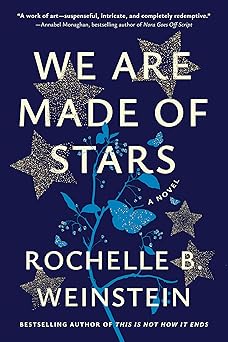
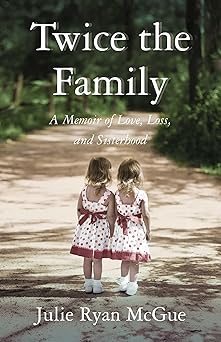
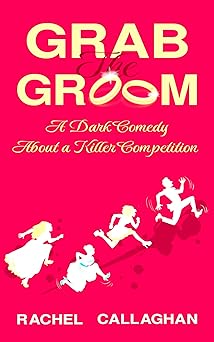
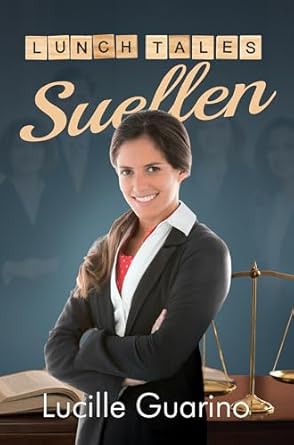

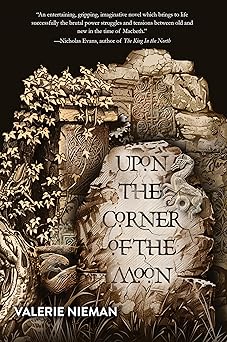
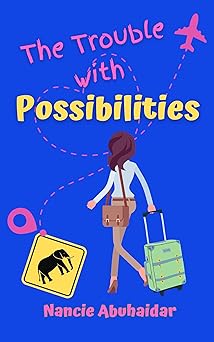
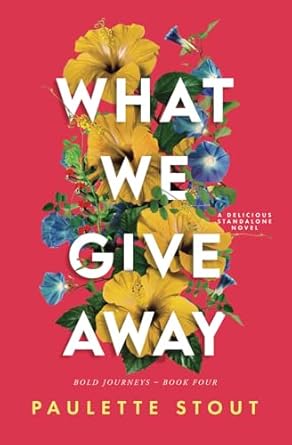
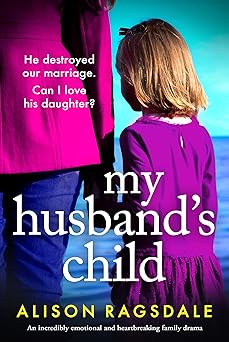
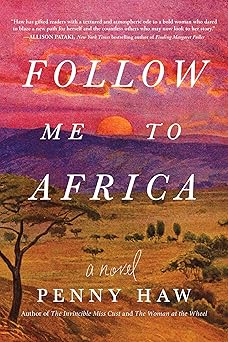
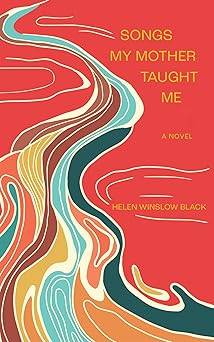
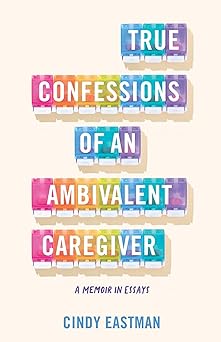
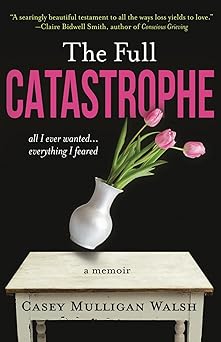
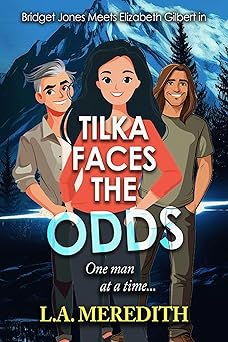
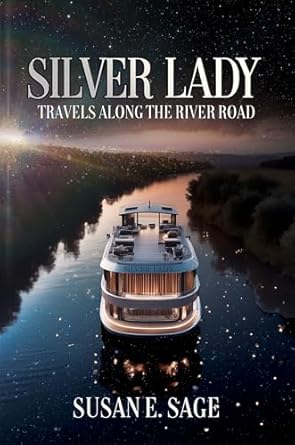
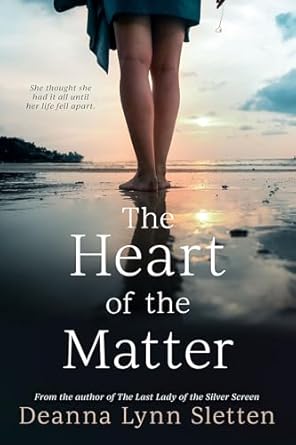
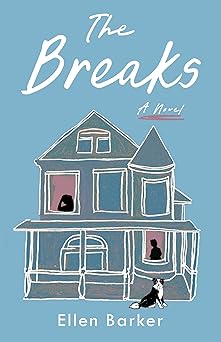
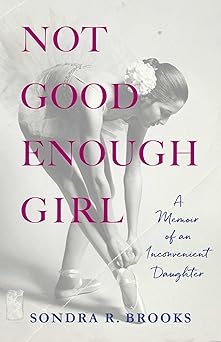
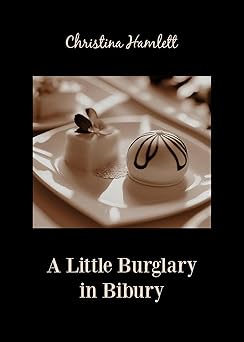
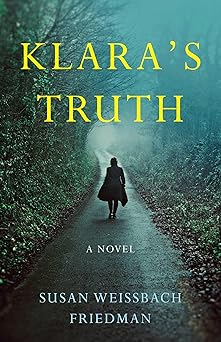
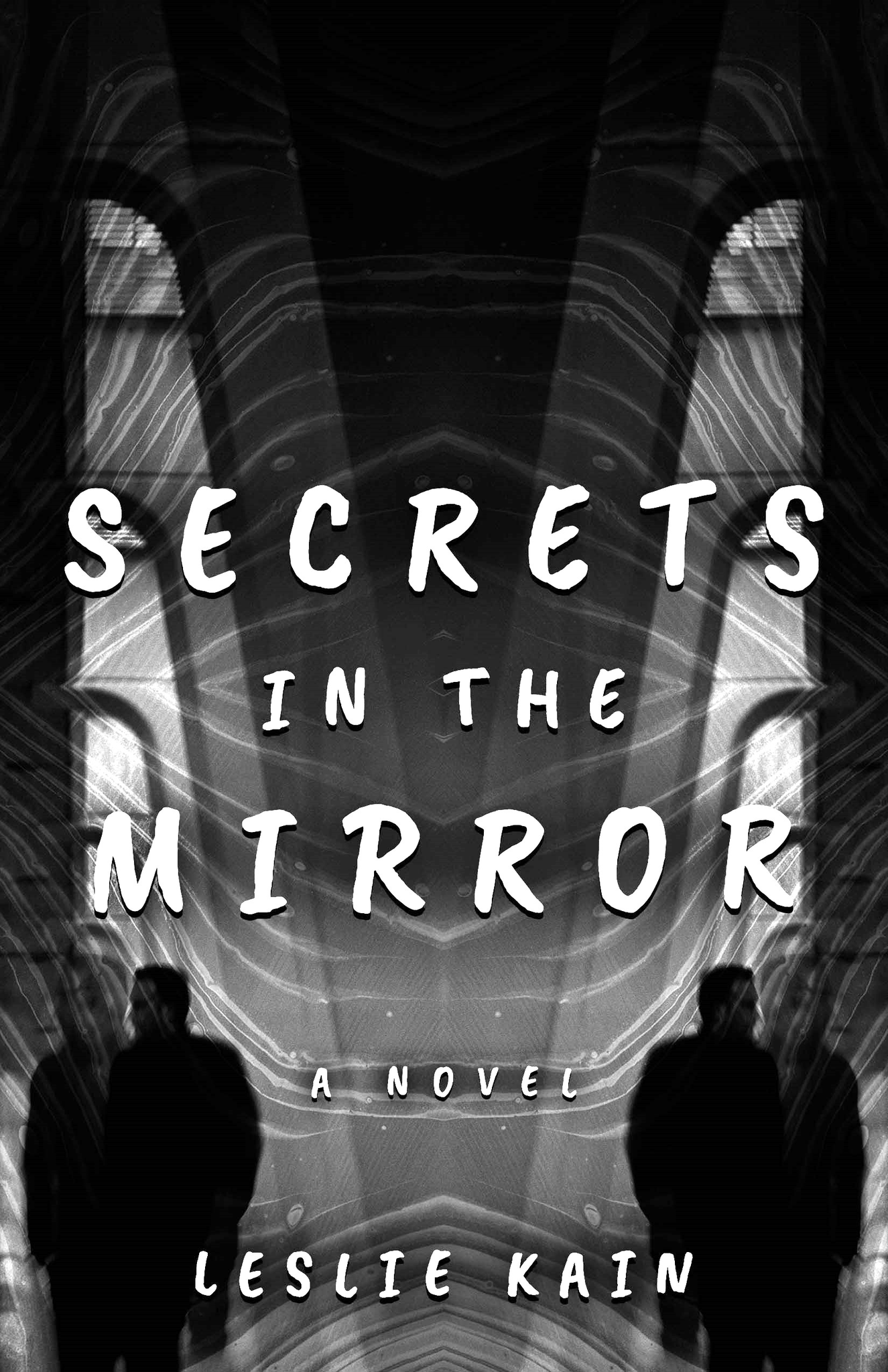
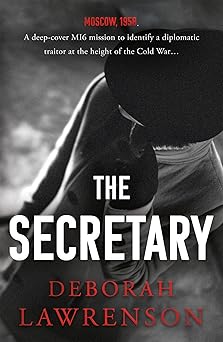
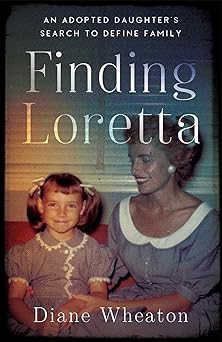
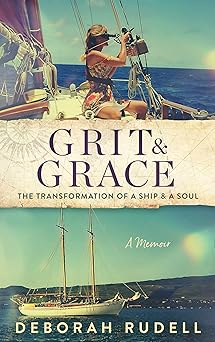
Excellent article! I read it with particular interest, as I recently worked with a faculty colleague who developed a course called Writing War in the 21st Century. Her course is intended to address the questions you’ve raised and provide those varied perspectives. (She’s a retired Air Force colonel.)
Thank you, Elizabeth. I would have loved to attend that course!
Reblogged on my author website:
https://alluringcreations.co.za/wp/resultant-force-women-writing-contemporary-war-fiction/
Thank you for your gracious support, Barbara.
I thought this was most interesting, Patricia. I am writing my second book about war currently. I wrote While the Bombs Fell about my mom’s life growing up in England during WW2 and now I am writing a book about the second anglo boer war.
Thank you so much for reading, Roberta.
I find war novels most interesting. But war through a child’s eyes is heartbreaking.
Second Anglo-Boer War, that is a tough subject, Roberta. We leave a few km from a Concentration Camp.
On a different note, I wonder if you will refer to the Kruger millions.
Curious about your work!
Terrific article—well thought out and beautifully executed! Thank you Pat for penning, and Barbara for publishing this timely piece! I love Women Writers celebrating our many diverse voices. I also take this opportunity to thank you once again for publishing two of my pieces.
Thank you, Nina. Your reputation as an erudite writer proceeds you, making your appreciation so much more valuable.
Women Writers is a golden mine, essays,advice and insightful articles on so many topics and what a friendly community. Will read your pieces for sure.
Wonderful article Patricia and as more and more women serve in modern conflicts it is essential that we read about their experiences along with those of their male fellow combatants. Women from the first world war onwards have played a vital role behind the lines too and today with the technical and long distance fighting capabilities is even more relevant.
Isn’t it, Sally? I believe that we should try (even if through small steps) to empower the women coming after us, just as we were empowered by the wonderful (and sometimes dearly paid for) example of those women who wrote before us.
Thanking you kindly for your gentle support, Sally.
I’m glad you give a damn! Excellent post and keep wrifrom your heart!
Thank you so much, Jena. Your support, as a woman writer, is always appreciated 🙂
Thank you, Barbara, for giving my thoughts a voice on Women Writers, Women’s Books.
Thrilled and honored,
Pat